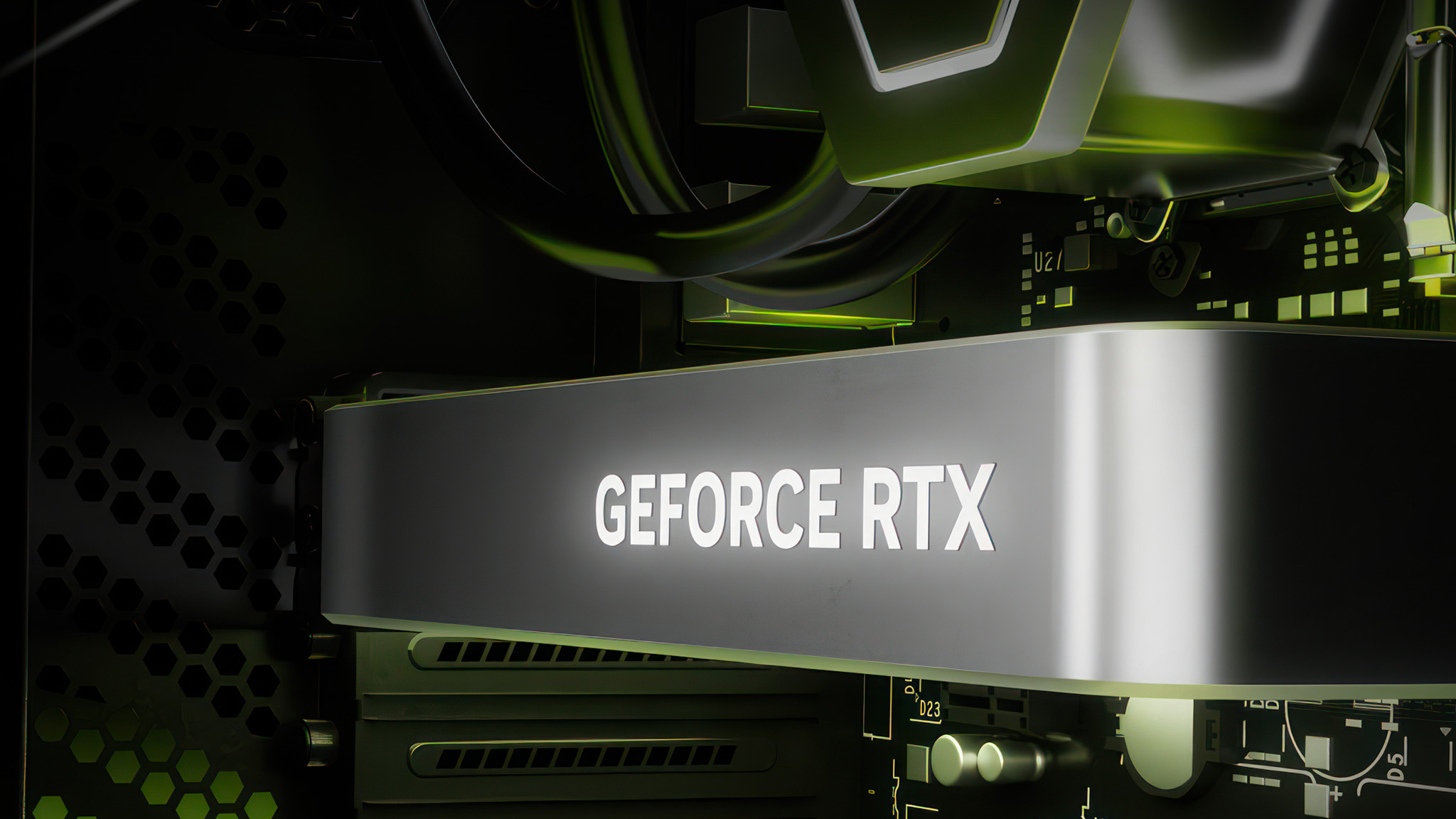
Reviews for the Nvidia GeForce RTX 4060 are still under embargo, but the company has lifted a partial embargo that allows certain content creators to release limited performance reviews of the budget GPU. The partial embargo is limited to 1080p testing of Cyberpunk 2077, and Youtuber JayzTwoCents seems to have found that the Asus RTX 4060 Dual is terrible at overclocking in Cyberpunk 2077.
The model only gained 2% higher frame rates after overclocking, with a modest 100MHz core offset and a hefty 20% power increase over stock. The card still performs well over its predecessor at stock settings, but don't plan on getting an extra boost with overclocking — at least, not in Cyberpunk 2077.
Nvidia clearly picked Cyberpunk 2077 for this partial embargo lift to show off the RTX 4060's performance chops against its competitors (and predecessors). Cyberpunk 2077 is currently one of the most popular AAA titles for GPU benchmarking, and it shows off all of Nvidia's latest technology, including DLSS resolution upscaling, DLSS 3 frame generation, ray-tracing effects, and path-tracing effects.
To be fair, in JayzTwoCents' preview, the RTX 4060's overclocking ability was its worst aspect. Despite having a huge amount of power headroom to play with, the RTX 4060 went from averaging 81 fps (frames per second) on the Cyberpunk 2077 benchmark to averaging... 82.5 fps.
The RTX 4060 is very efficient, but it wasn't able to take advantage of any additional power limits it might have access to (perhaps due to voltage limits). And again, this is a very restricted look at performance and overclocking, plus there are other caveats.
JayzTwoCents did not push the card to its limit, and he did not overclock the GPU memory at all. As a result, the card almost certainly has more to offer than what's being shown here. But if a 100MHz core offset and a power limit increase only improved performance by 2%, it's reasonable to assume that memory overclocking along with slightly higher core offsets will still yield underwhelming results.
This is typical of modern graphics cards. Boost clocks are usually a conservative estimate of the lower end of the clock scale that you'll see with a GPU. Most of Nvidia's RTX 40-series GPUs exceed the listed boost clock by 150–200 MHz, and while GPU clock offsets can increase the final result, other limits like power and voltage come into play. Plus, leaving the memory at stock probably loses at least 3% of the final maximum overclock.
Overclocking aside, the RTX 4060 appeared to perform well in JayzTwoCents' limited testing. The RTX 4060 was much faster than the RTX 3060 in Cyberpunk 2077, featuring a 27% gap at 1080p resolution. If the RTX 4060 can maintain this performance improvement across other titles, it could be a good upgrade path for RTX 2060 owners at its starting price of just $299. Nvidia is also pitching this as an upgrade for GTX 1060 owners who have been holding out for a long time, in which case they'll see much larger gains plus the additional RTX features like ray tracing and DLSS. But we'll have more thoughts when our full review goes live later this week.







